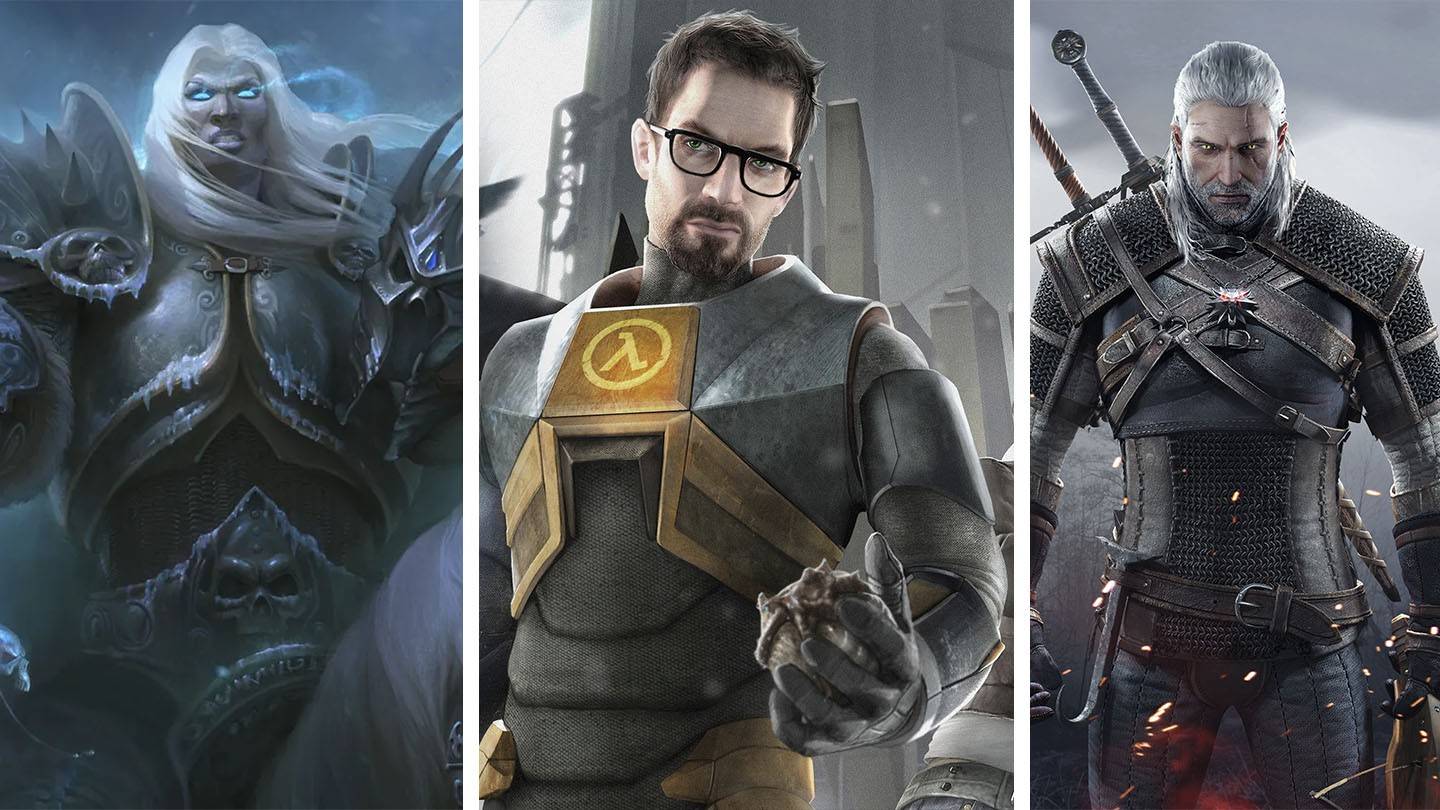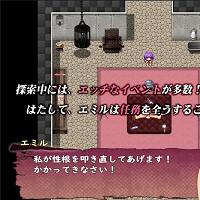Andrea Pessino, co-founder of Ready at Dawn, revealed that Sony declined a sequel to the PlayStation 4 game, *The Order: 1886*, due to its lukewarm critical reception. Despite the game's stunning visuals, which set it apart as one of the best-looking titles of its generation, *The Order: 1886* launched in 2015 to mixed reviews. The game, which plunged players into an action-packed world of werewolves in Victorian London, left fans eager for more, especially given its cliffhanger ending.
Pessino expressed strong enthusiasm for a sequel, describing the proposed follow-up as "incredible." He emphasized that Ready at Dawn was willing to "sign [its] life away" just to give players the continuation they deserved. However, the poor reception of the original game led Sony to pass on the project. Pessino admitted that, in hindsight, it might have been for the best, as the terms for the sequel would have been even more challenging for the studio.
The development of *The Order: 1886* was fraught with difficulties, as Ready at Dawn struggled with Sony's expectations. The high graphical standards set during the game's initial pitches and reveals were hard to maintain throughout development. Sony withheld payments when Ready at Dawn couldn't meet these standards at certain milestones, which Pessino noted is standard practice in the industry but led to a strained relationship with the publisher.
Despite these challenges, Ready at Dawn was prepared to accept even tougher conditions to develop a sequel. Pessino lamented the lack of leverage in negotiations, stating that the studio would have been at the mercy of Sony's decisions due to a limited budget and no room for negotiation. He believed the groundwork laid in the original game was solid and deserved to be expanded upon.
Unfortunately, hopes for a sequel were dashed when Ready at Dawn was shut down by its owner, Meta, in 2024, a decade after *The Order: 1886* left fans hanging. In IGN's review, the game received a 6/10, with the critique focusing on its cinematic polish overshadowing gameplay freedom.

 Latest Downloads
Latest Downloads
 Downlaod
Downlaod




 Top News
Top News









